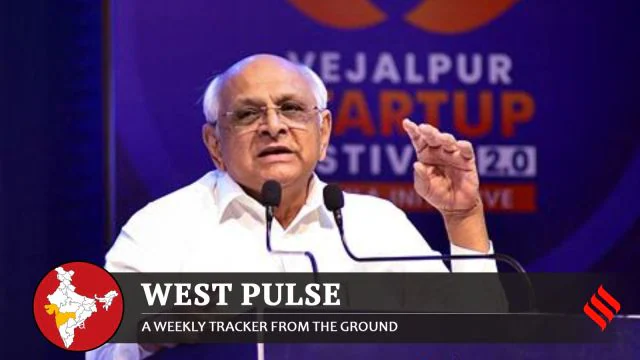Former Jammu and Kashmir Chief Minister Mehbooba Mufti has publicly criticized recent occurrences in the region, specifically directing her criticism against political opponent Omar Abdullah for going public with an interaction with Union Minister Kiren Rijiju. Her critique comes at a time when emotions are running high regarding the Waqf Amendment Act, something that many among the Muslim populace feel erodes their rights and representation.
Mufti was alarmed by what she termed increasing feelings of marginalization among Muslims all over India. She questioned the message that was being conveyed through the welcoming reception accorded to a central minister who was regarded as one of the leading figures behind the Waqf Amendment Bill by the senior leader of the sole Muslim-majority state in the nation.
The incident that had triggered the outrage involved a high-profile stroll through Kashmir’s famous tulip garden, in which Omar Abdullah and Kiren Rijiju were spotted having an amicable interaction. Mufti stated that these symbolic acts at a moment of extreme turbulence and anxiety among Muslims would further isolate the community and dilute their voice on crucial legislative matters.
In her view, this was not merely a public relations stunt—it was symptomatic of a wider disconnect between the leadership and the feelings of the people they represent. She insisted that the Muslim community, who comprise more than 20% of India’s population, are owed a leadership that hears and addresses their fears instead of dismissing them.
Mufti called on regional leadership to make a definite and strong stand by protesting the Waqf Amendment Act and upholding the institutions and rights which form the cornerstone of the Muslim community’s identity and well-being. She contended that rather than making friendly overtures to central figures linked to contentious decisions, regional leaders should stand with their citizens.
Her comments emphasize the increasingly political tensions within Jammu and Kashmir, where gestures are frequently freighted with larger consequences. Throughout continuing debate about the Waqf legislation, the actions and affiliations of local leaders will presumably remain subject to close public and political scrutiny.






